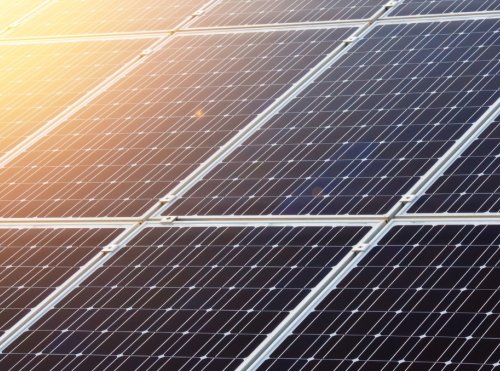
Net-Metering Update for El Paso – June 2025
Net-Metering Update for El Paso – June 2025
As summer heats up, we want to keep our community informed about important updates to solar policy and net-metering in the El Paso area.
What’s Changing with El Paso Electric?
Created on: June 16, 2025
Read More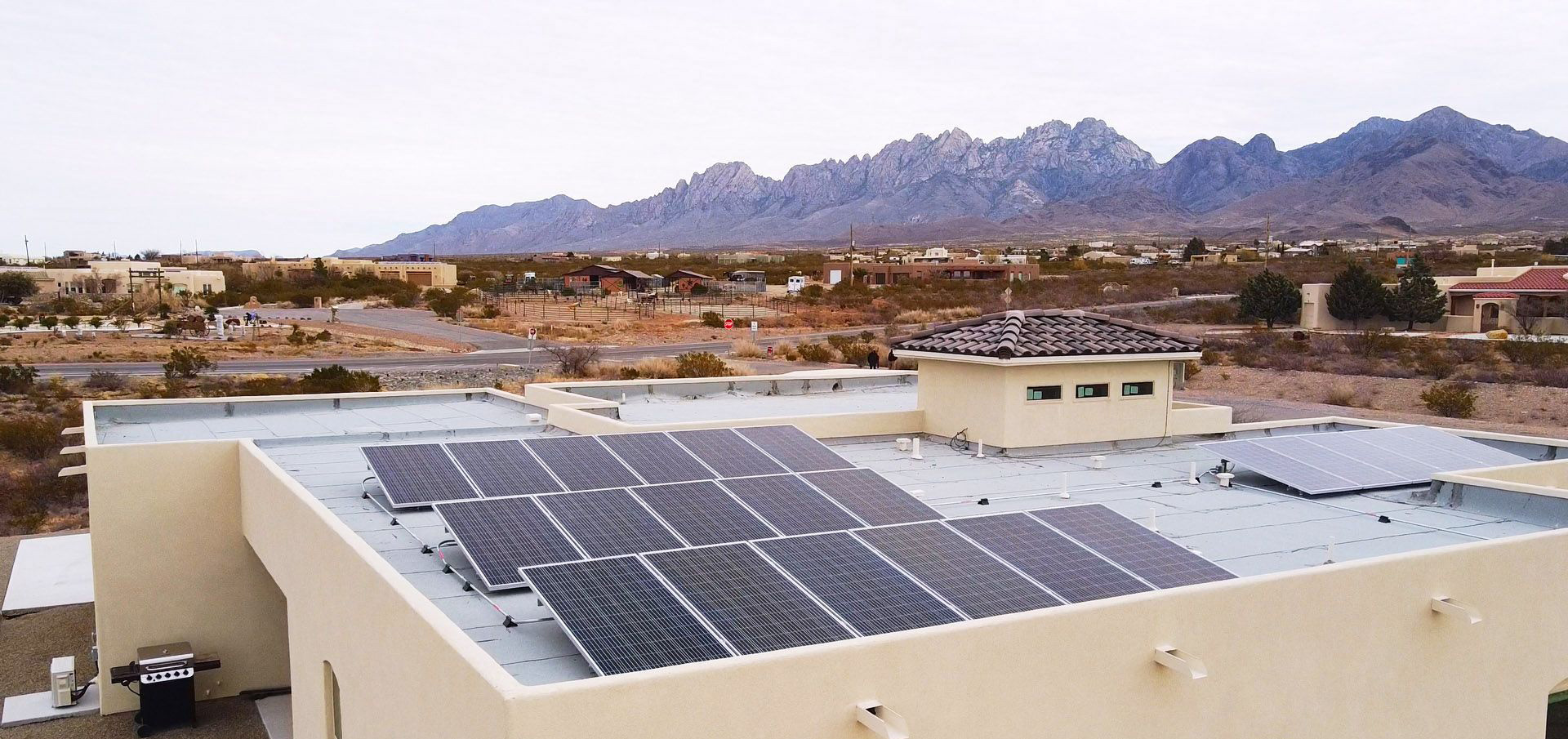
⚡ Major Rate Hike Ahead? What El Paso Electric’s 2025 Plan Means for Your Energy Bill — and Your Solar Future
El Paso Electric (EPE) has filed a new rate case (Docket No. 57568) with the Texas Public Utility Commission that could take effect as early as July 1, 2025. While much of the proposal is technical, here’s what residential customers — especially those with or considering rooftop solar — need to know.
Created on: April 3, 2025
Read More
Why Switching to a Heat Pump HVAC System is a Smart Choice Over Traditional Central Air Conditioning
When it comes to heating and cooling your home, choosing the right HVAC system can greatly impact your comfort and your wallet. For years, homeowners have relied on traditional central air conditioning systems to keep cool in the summer, but as technology advances, there’s a rising alternative that offers a range of benefits: heat pump HVAC systems. If you want to reduce your energy costs, enjoy year-round comfort, and make an environmentally conscious choice, a heat pump system might be just what you need.
Created on: March 24, 2025
Read More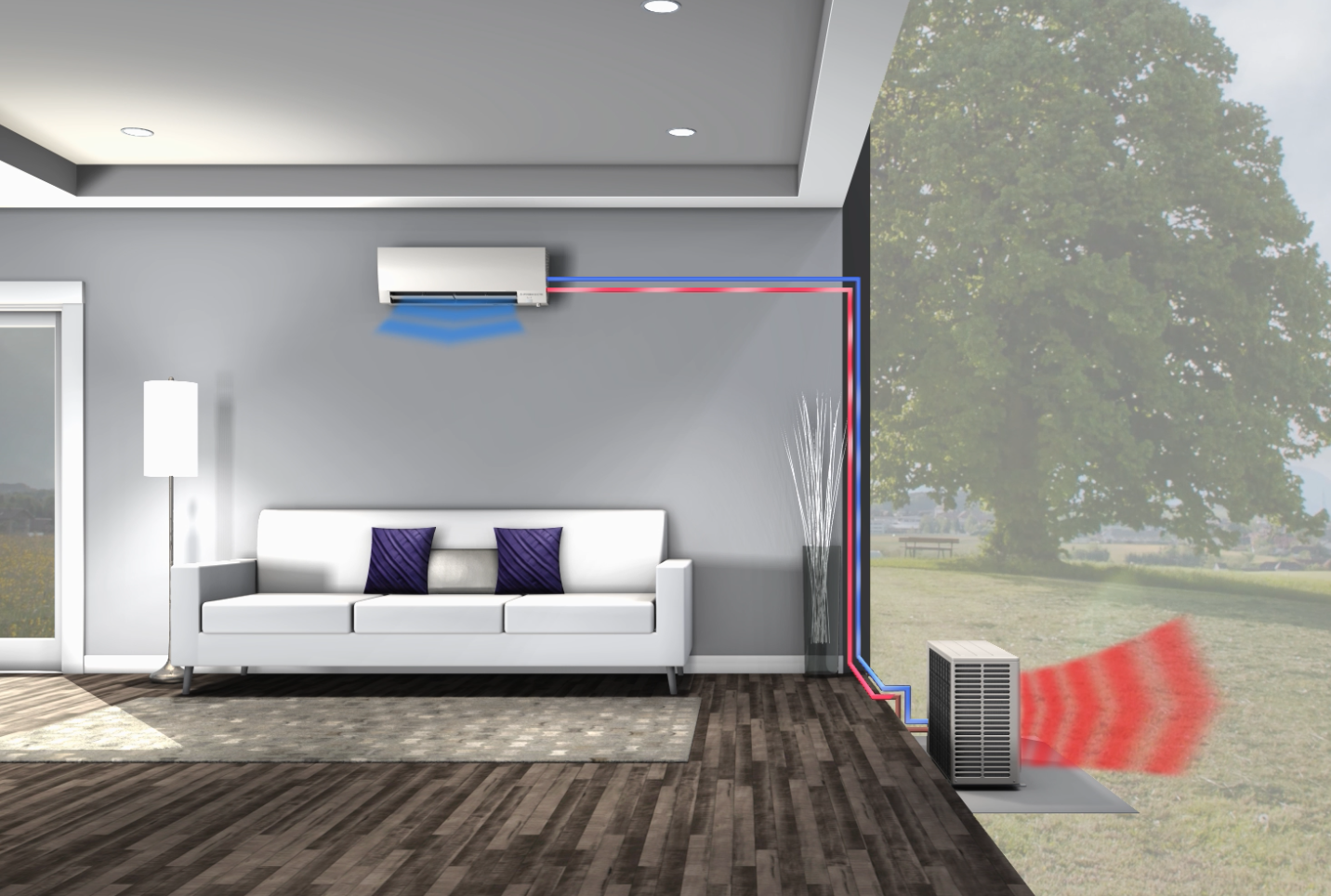
Discover 5 Reasons Why Mini Split HVAC Systems are a Homeowners’ Dream
Do you ever find yourself in heated debates over the thermostat at home? Like, one person insists on setting the temperature at 75 degrees or above, while your comfort level rests at 68 degrees, and you can’t seem to agree on a temperature that leaves both parties happy? If this sounds familiar, don’t worry – Read More
Created on: August 24, 2023
Read More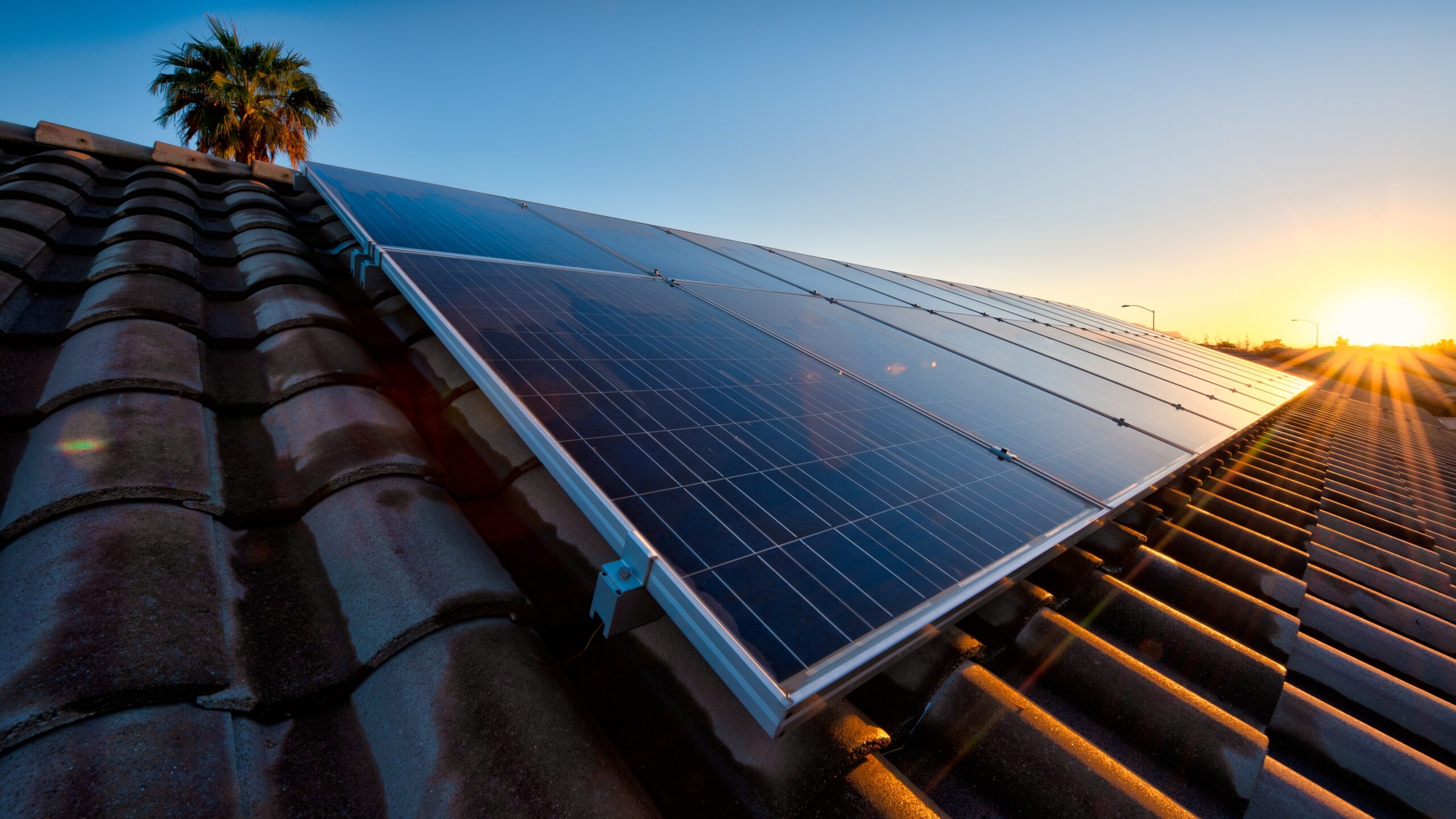
Powering Freedom: Unveiling the Hidden Advantages of Off-Grid Solar Systems
In today’s world, where concerns about climate change and rising energy costs are ever present, various renewable energy sources have become increasingly popular. Among these, solar power has emerged as a leading solution for creating a sustainable future, a smaller energy bill, and energy independence. While grid-tied solar systems are the typical energy source for Read More
Created on: July 21, 2023
Read More
Solar Energy and Sustainability: Everything You Need to Know
Summer is practically here! The longest day of the year – June 21st – is soon approaching, and with each passing day the daylight hours are extended by a few minutes. Luckily for our readers that enjoy solar power, this means even higher yields of energy. Here at Solar Smart Living, we are passionate about Read More
Created on: June 19, 2023
Read More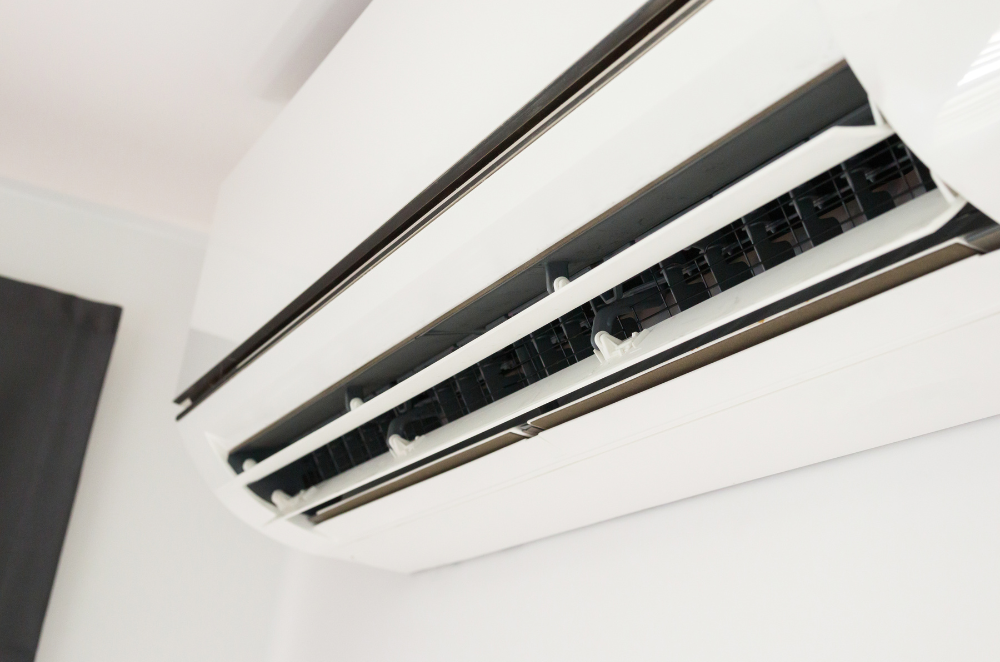
Get the Most from Your HVAC Mini Split System
It seems like spring came and went in the blink of an eye, here in the Southwest! Now, sweltering days of white-hot sunshine are the norm again and will be for several months. It makes sense, then, that affordable cooling options have been the main focus of the water cooler talk here at Solar Smart Read More
Created on: May 12, 2023
Read More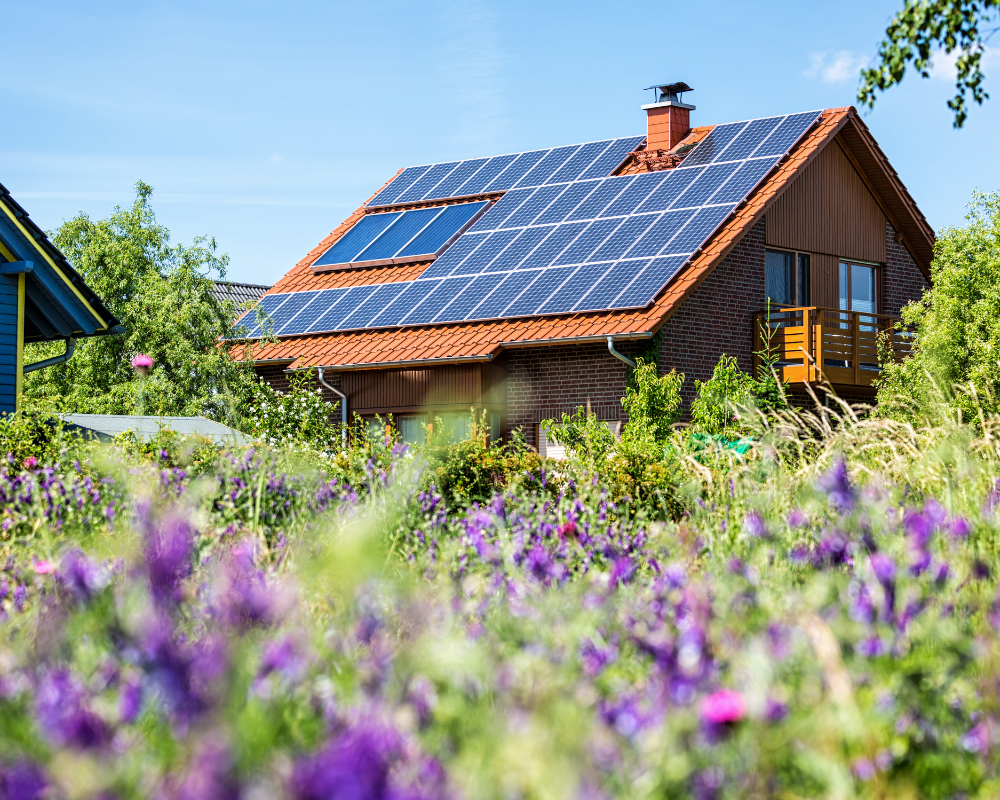
The Sunny Side of Tax Incentives: Save on Solar Battery Storage
Happy Earth Month, fellow sustainability advocates! As we gear up to celebrate Earth Day on April 22nd, there seems to be no better time for reflecting on the latest planet-positive advancements in technology, education, and policy. The Inflation Reduction Act, for example, has granted significant savings and expanded access to eco-friendly home and business options. Read More
Created on: April 17, 2023
Read More
4 Major Health Benefits of a Mini-Split System
After a lengthy yet mild winter, spring is finally around the corner here in the Southwest. With it comes longer days, filled with sunshine and wildflowers and, of course, seasonal allergies, heat waves, and high winds. So, as we gear up for the myriad of activities and adventures the spring brings, being and feeling healthy Read More
Created on: March 13, 2023
Read More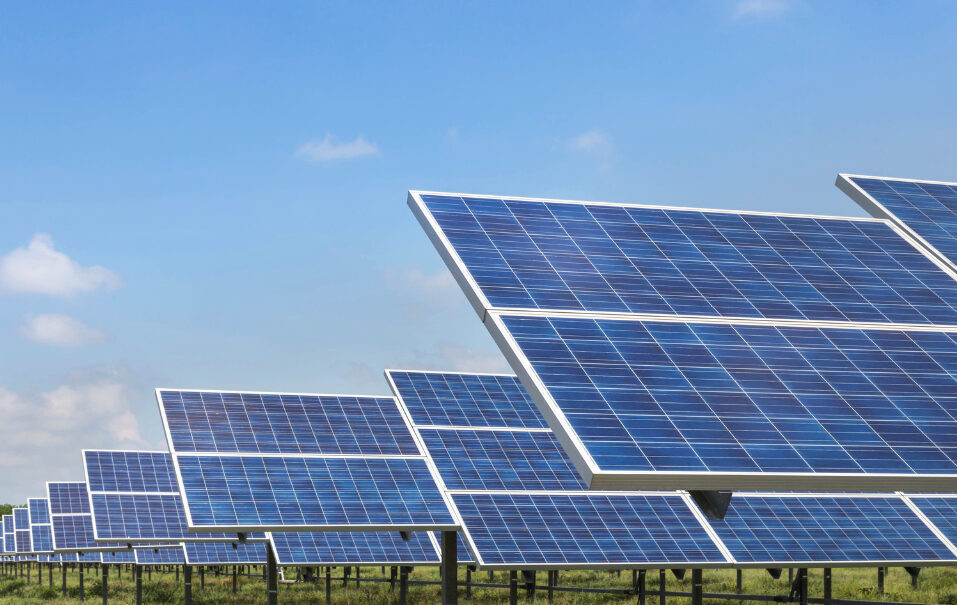
Inflation Reduction Act Guide: Tax Credits for Sustainable Small Businesses
It’s not just about today, it’s about tomorrow. That was the sentiment expressed by President Joe Biden as he signed the Inflation Reduction Act (IRA) into law in August of 2022. This landmark piece of legislation is being called the single “most aggressive action” the U.S. has taken to combat both the climate crisis and Read More
Created on: February 14, 2023
Read More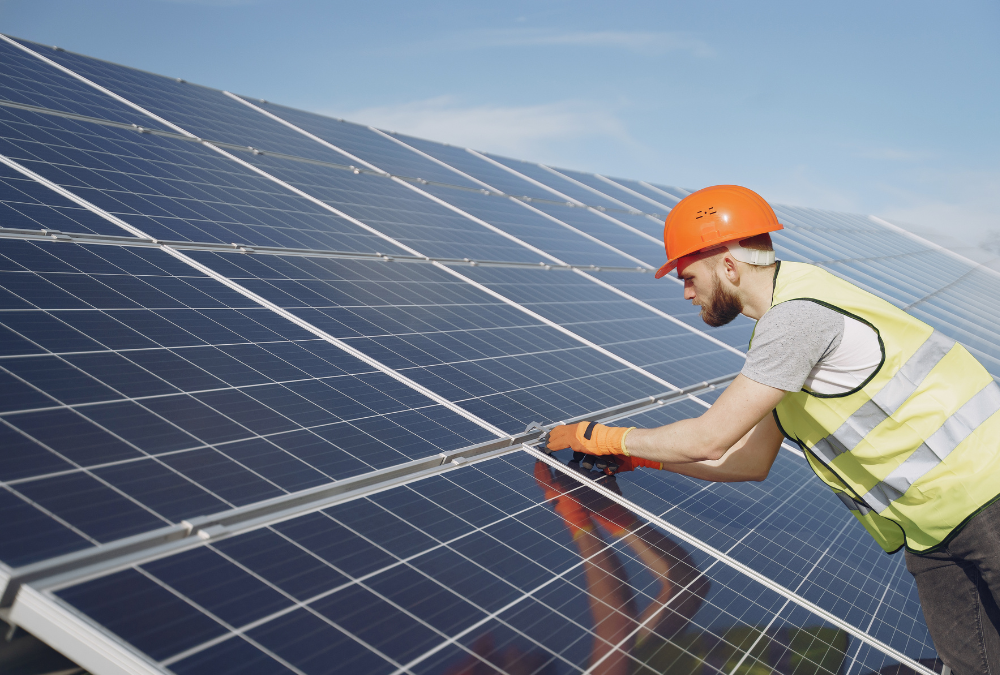
5 Tips for Maintaining & Maximizing Your Solar System
Winter is in full swing here in the Southwest, which means shimmering, frosted dew and the smell of juniper woodsmoke at dawn. Thankfully, our desert region offers over 300 days of sunshine per year, so most crisp mornings melt into sunny afternoons. The coldest part of the year is just around the corner, though, which Read More
Created on: January 11, 2023
Read More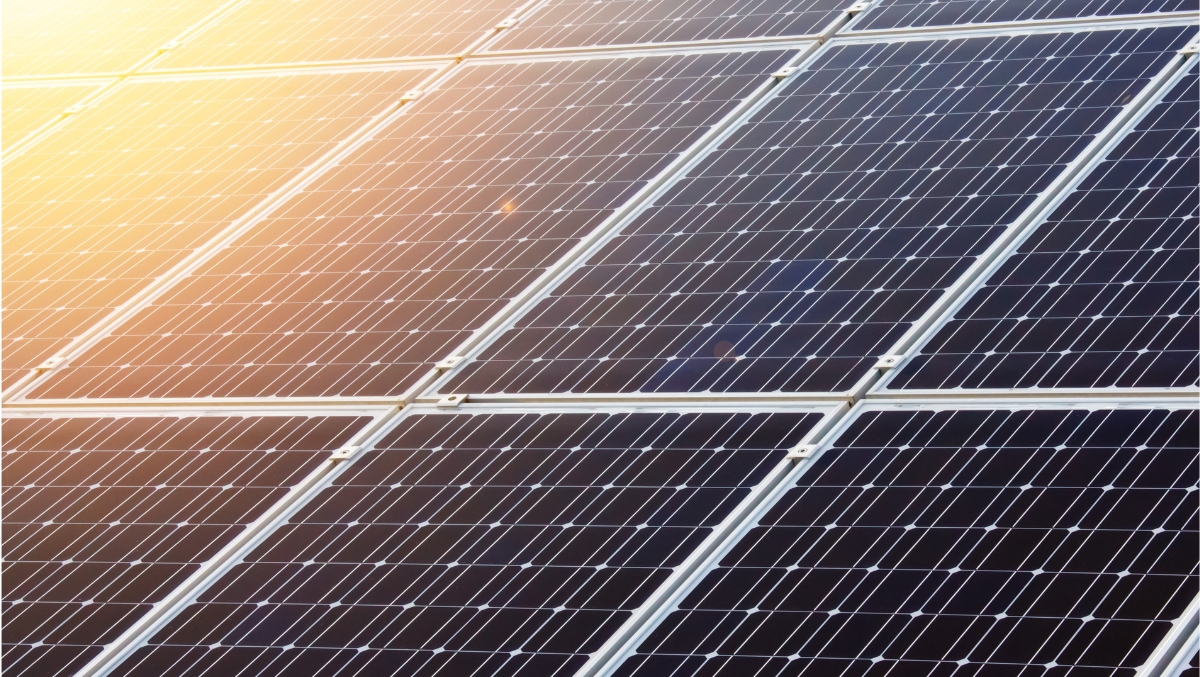
Homeowner’s Guide to the Inflation Reduction Act
What is the Inflation Reduction Act (IRA)? Passed in 2022, the Inflation Reduction Act is being called the single largest victory for sustainability in the history of the United States. The IRA provides funding for a number of measures advancing environmental justice, and has positioned the country at the leading edge of climate restoration Read More
Created on: December 8, 2022
Read More